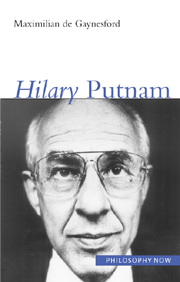13 - Truth
from Part IV - Content: later perspectives
Summary
“We have got to the deductions and the inferences,” said Lestrade, winking at me. “I find it hard enough to tackle facts, Holmes, without flying away after theories and fancies.”
“You are right,” said Holmes demurely; “you do find it very hard to tackle the facts.”
Arthur Conan Doyle, “The Boscombe Valley Mystery” (1981: 89)The laugh is on the policeman, Lestrade, as is customary in detective stories. But it might be wise to side with him and cultivate a proper diffidence. The notion of a fact gives rise to a number of problems that are “very hard to tackle”; in particular, one that is dependent on an issue we have already addressed: how it is even possible to think or say what is false or not the case. As noted at the time, this general issue concerning negativity has an eminent history and a deep connection to background problems of intentionality. And those particular instances of the negativity issue that turn on the notion of “fact” and on the relations between facts and theories might have given even Holmes pause, offering Lestrade the last laugh. Putnam's own approach to these questions has been dictated by the general fallout from his arguments for realism as an empirical hypothesis. So we need first to examine those wider implications.
Strong physicalism
Putnam's third argument for realism as an empirical hypothesis rested on evidence concerning the behaviour of whole statements.
- Type
- Chapter
- Information
- Hilary Putnam , pp. 150 - 163Publisher: Acumen PublishingPrint publication year: 2006



